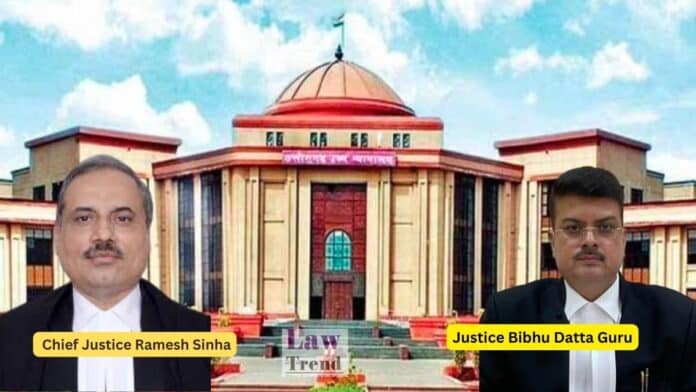The High Court of Chhattisgarh on October 7, 2025, acquitted Bhemeshvar @ Ravi of the charge of murdering his wife, setting aside a trial court’s life imprisonment sentence. A division bench comprising Chief Justice Ramesh Sinha and Justice Bibhu Datta Guru ruled that the conviction, based solely on the deceased’s dying declaration, could not be
To Read More Please Subscribe to VIP Membership for Unlimited Access to All the Articles, Download Available Copies of Judgments/Order, Acess to Central/State Bare Acts, Advertisement Free Content, Access to More than 4000 Legal Drafts( Readymade Editable Formats of Suits, Petitions, Writs, Legal Notices, Divorce Petitions, 138 Notices, Bail Applications etc.) in Hindi and English.




